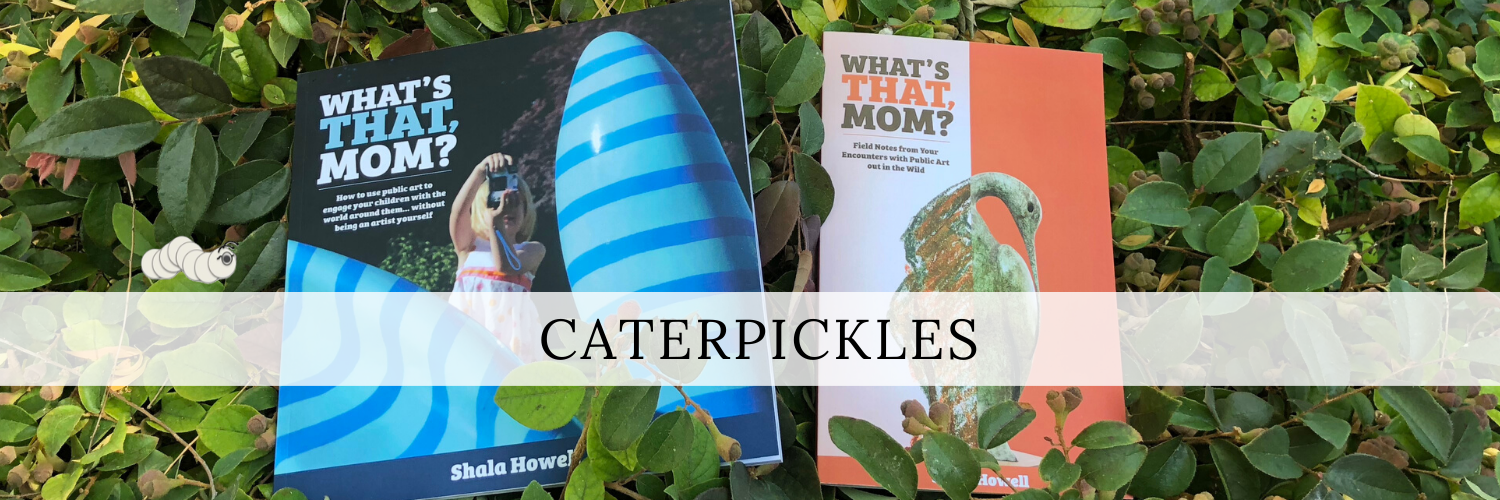“Is it really unlucky to have peacock feathers in the house?”

Spotted last summer at the Brookfield Zoo — bringer of prosperity and healing or harbinger of doom? (Photo: Shala Howell)

In her book, Reading Like a Writer, Francine Prose casually states that having peacock feathers in the house is bad luck. I had never heard that before, so of course I wanted to know–do peacock feathers really bring bad luck?
The answer, as you might expect, depends on where you’re from.
If you’re a superstitious Westerner, yes. Peacock feathers are thought to be unlucky.
In the article, Bird Superstitions, British Bird Lovers explains that having peacock feathers in the house is thought to both bring bad luck and doom any unmarried women living in that house to spinsterhood.
It’s also considered a bad idea to use peacock feathers as a prop or part of a costume in a theatrical production. Apparently, many a veteran stage director and actor has at least one sordid tale to tell of stages that fell apart when peacock feathers were included in the performance.
The Western prejudice against peacock feathers might have originated in the early Mediterranean. According to British Bird Lovers, the eye markings on the feathers reminded early Mediterranean people of the evil eye of Lilith, the she-devil they blamed for any child’s unexplained death. Bringing peacock feathers into your home was tantamount to inviting Lilith into your family to wreak her havoc. Why would you do that?
Or maybe it started because Mongol warriors wore peacock feathers into battle, which made the Eastern Europeans who encountered those Mongols associate peacock feathers with bad luck.
Over time, the original reason for the superstition has faded, leaving Westerners with the general sense that having peacock feathers around is unlucky.
On the other hand, in India, China, and Japan, peacock feathers bring good luck.
According to the Chinese Buddhist Encyclopedia, Hindus associate the peacock with Lakshmi, a benevolent deity who represents patience, kindness, compassion, and good luck. Peacocks (and their feathers) are thought to symbolize those positive qualities as well.
Peacocks are also sacred in Buddhism. For Buddhists, the peacock symbolizes purity and openness. White peacocks symbolize nirvana.
As a result, instead of being afraid of the eyes on peacock tail feathers, folks in India, China, and Japan are much more likely to welcome them as an extra set of eyes protecting their homes from danger.
Update:
Since writing this, we had occasion to stay in the home of a woman who falls very much on the “NO!” side of this question. She had a wonderfully colorful and decorative peacock theme running throughout the common areas of her home, including this corner display in her living room.

Her home felt warm, welcoming, and comfortable, and she herself was healthy and in good spirits despite having had those peacock feathers for years. Since I didn’t have a strong opinion on this topic before I encountered Francine Prose’s casual comment, I’m inclined to go back to not worrying about it one way or the other. As long as no birds are harmed in the process, I am officially pro-feather.
And no, I did not tell her about this post or Francine Prose’s opinions. My parents raised me better than that.
Related Links:
- Bird Superstitions (British Bird Lovers)
- What does a peacock feather symbolize? (Chinese Buddhist Encyclopedia)

5 Responses to ““Is it really unlucky to have peacock feathers in the house?””
Certainly unlucky for the peacock!
LikeLike
Yes. I suppose it’s too much to hope that all those feathers were shed voluntarily. 🙂 Happy Friday, Fred.
LikeLiked by 1 person
Peacocks shed their feathers every year after mating!
LikeLiked by 1 person
I didn’t know that! Thanks for sharing.
I’m sorry for being so slow to respond, by the way… I spent November working on NaNoWriMo (National Novel Writing Month where you work to write 50K words on a book of some sort in a month), and this was a year where I didn’t have any extra words to think about blogging. I hope you and yours had a pleasant a month as can be expected.
LikeLike
[…] https://caterpickles.com/2018/01/18/es-realmente-desafortunado-tener-plumas-de-pavo real-en-la-casa/ […]
LikeLike